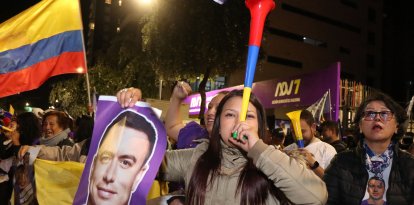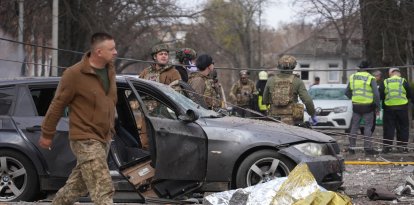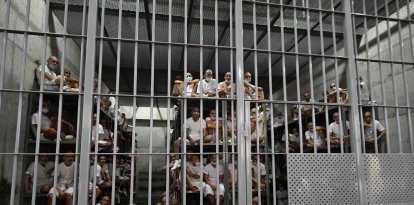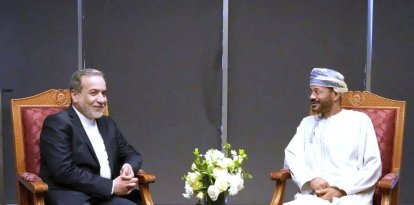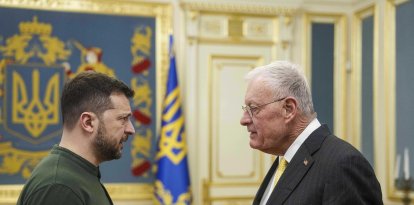Pentagon deploys troops to the Middle East as the risk of war escalates
"There’s the potential for these tit-for-tat operations (...) to escalate and to potentially spiral out of control into a wider regional war" warned the Defense Department press secretary.
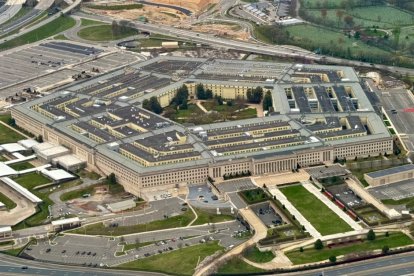
Aerial view of the Pentagon in Washington, DC.
The Pentagon said Monday that it will send a small group of soldiers to the Middle East as a precautionary measure due to the increased tensions in the region. This action seeks to pre-empt a possible larger conflict between Israel and Hezbollah.
The Defense Department press secretary, Major General Pat Ryder, explained that this deployment is being made "as a precaution" in the face of escalating violence with clashes on the Israel-Lebanon border that have left a growing list of casualties. Although Ryder did not give specific details about the contingent, he referred to the forces as ground troops. These new troops will join those already in the Middle East, where the United States is counting on the USS Abraham Lincoln carrier strike group, the USS Georgia ballistic missile submarine and a squadron of F-22 fighter jets. Also, six U.S. warships, including the USS Wasp, are stationed in the eastern Mediterranean to support Israel's security in the face of the growing potential for conflict.
"It has escalated this week, clearly, and that’s concerning. There’s the potential for these tit-for-tat operations between Israel and (Hezbollah) to escalate and to potentially spiral out of control into a wider regional war," he warned.
Lethal fighting on the border
Israel, which has been target of attacks by Hezbollah, has stepped up its military operations to counter the terrorist threat. On Monday, Israeli forces launched strikes against more than 300 Hezbollah targets, killing at least 245 people. Prior to the bombings, Israeli officials warned Lebanese civilians near Hezbollah bases to evacuate the areas, reiterating Israel's commitment to protect citizens in Lebanon and neutralize the terrorist group.
In retaliation, Hezbollah fired 130 rockets toward the Israeli city of Haifa, claiming to have hit military warehouses and strategic sites. As a result, more than one million Israeli civilians took cover.
Israeli reactions and strategy
Israeli Foreign Minister Israel Katz stated that the country will not stop its operations until it completely eliminates the Hezbollah threat and ensures the safe return of displaced residents of northern Israel to their homes. "We will not accept this reality and will act with full force to change it" Katz wrote on social media.
Diplomatic pressure
The United States, for its part, is pushing for a diplomatic solution that includes a ceasefire and the release of hostages. However, these efforts have been hampered by the ongoing confrontation between Israel and the terrorist group Hezbollah.
RECOMMENDATION
